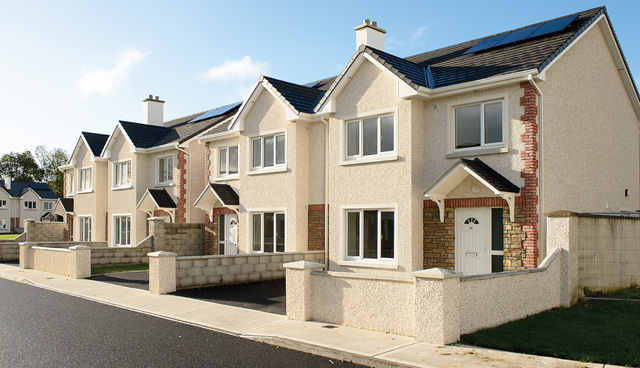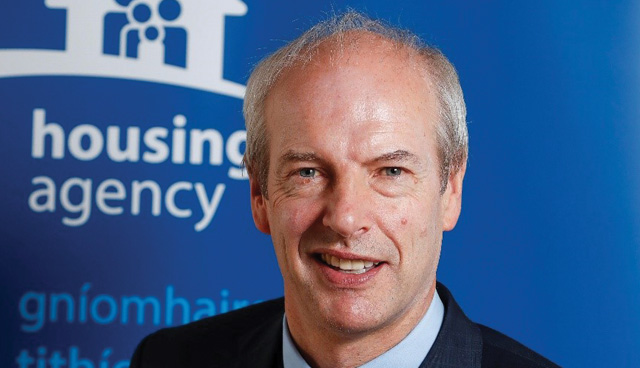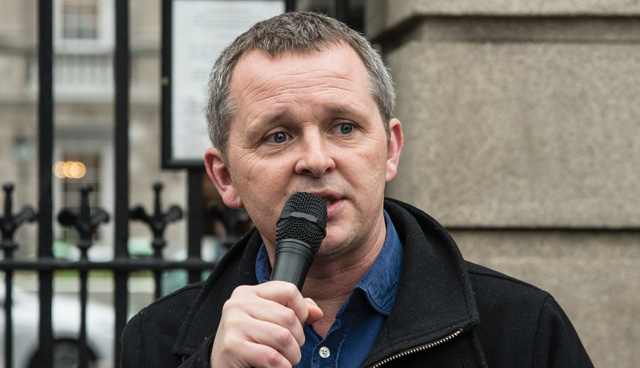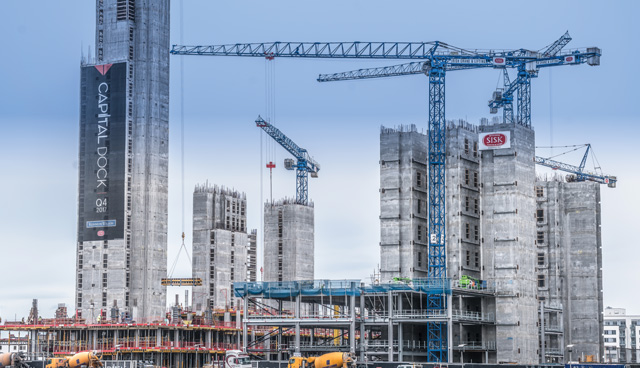
AHBs: The future of the housing sector
1st August 2018
Private consortium approved for Mortgage to Rent
1st August 2018The role of strategic housing development

The new National Planning Framework (NPF) will play a key role in delivering the overall objectives laid down within Project Ireland 2040, according to An Bord Pleanála’s Director of Planning of Rachel Kenny.
“It will take full account of the envisaged one million increase in Ireland’s population, which will be achieved over the next two decades,” she says. “During this period, we will also see the need for half a million new homes.
“An ageing population will also bring with it the need for a fundamental change in house type. Today’s market, which is dominated by a demand for three and four bedroom houses, will change to one that is more focussed on apartments and single bedroom homes.”
The NPF will be given full legislative support within the planning system, including regular review and updates, to reflect changing circumstances and make adjustments where necessary.
Three regional assemblies will prepare their own strategy in accordance with the Framework set by the NPF. These will be completed by early 2019 and will be known as Regional Spatial and Economic Strategies. County and City Development Plan review cycles will then fall in to line with their respective regional strategies, ensuring that the shared vision is carried through to the local planning level.
The planning legislation underpinning the NPF will also lead to the creation of a new independent Office of the Planning Regulator (OPR), which will be responsible for monitoring implementation of the NPF.
Kenny stresses the role for the new NPF in encouraging the development in the cities of Galway, Limerick and Waterford, as opposed to Dublin and Cork.
She explains: “We will also see a clear focus on the development of brown field sites and in-fill areas within existing built-up areas. Increasing the density of housing stock will also be a priority. This can be achieved by increasing the height of developments.
“Understanding the principles included within the NPF is important. Implementing it in the most efficient way possible is of even more significance. An Bord Pleanala will play a key role in making this happen, working closely with the various local planning bodies.
“There will also be a key role for the Planning Regulator, moving forward.”
Kenny points to the accelerated planning processes that will be implemented, courtesy of the new NPF-driven procedures: “The whole process will be plan-driven, at both a national and local level. In fact, the national priorities will be the overriding criteria implemented for all planning decisions. There is full government buy-in to the new NPF strategy and this will be crucially important moving forward.”
According to Kenny, An Bord Pleanala will have a strategic decision making role in all future strategic housing and infrastructure development projects.
“This role might also be extended to include employment at some stage in the future,” adds. “Such an approach will allow joined-up thinking to be implemented. For example, we want future housing developments to be located as closely as possible to centres of employment.

“Infrastructure must also be co-ordinated to meet this need in full. For example, we want as many people as possible to be using public transport. It’s all about getting the connectivity right, from every point-of-view.”
The NPF recognises that all urban settlements contain many potential development areas, centrally located and frequently publicly owned, that are suitable and capable of re-use to provide housing, jobs, amenities and services, but which need a streamlined and co-ordinated approach to their development, with investment in enabling infrastructure and supporting amenities, to realise their potential.
Activating these strategic areas and achieving effective density and consolidation, rather than more sprawl of urban development, will be a top priority.
“We will also see a much more balanced approach to development right across the country. The NPF can be used to get a proper balance when it comes to weighing up the country’s needs for new housing and employment opportunities while also maintaining our environmental and conservation-related heritage,” she says.
Kenny also confirmed that all relevant stakeholder groups had bought-in to the development of the new NPF: “This is extremely positive and bodes well for the future.”
Significantly, the NPF will deliver a strong economy for Ireland, supported by enterprise, innovation and skills. This will depend on creating places that can foster enterprise and innovation and attract investment and talent.
According to Kenny, all of this can be achieved by building regional economic drivers and supporting opportunities to diversify and strengthen the rural economy, to leverage the potential of places.
Delivering this outcome will require the coordination of growth and place making with investment in world class infrastructure, including digital connectivity, and in skills and talent to support economic competiveness and enterprise growth.
Where new infrastructure is concerned, Kenny points out that Ireland has a lot of catching up to do, especially around the areas of water, energy and transport. “The new planning processes must also facilitate the envisaged growth in our ports and hospital provision,” she adds.
Confirming that An Bord Pleanála would have the staffing resources in place to make accelerated planning a reality in Ireland, she says: “Meeting the challenge of the future is all about embracing change. The new NPF should ensure that this priority can be met in a co-ordinated manner.”
Kenny firmly believes that carefully managing the sustainable growth of compact cities, towns and villages will add value and create more attractive places in which people can live and work. Activating the strategic areas and achieving effective density and consolidation, rather than more sprawl of urban development, is a top priority within the remit of the new NPF.






